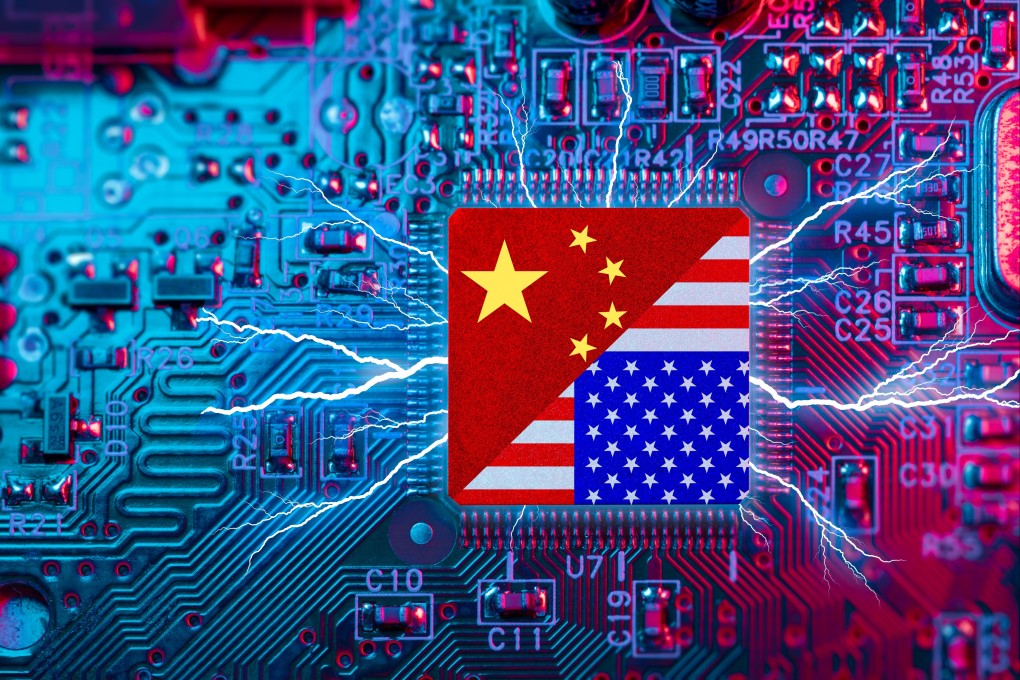Advertisement
Tech war: proposed US ‘guardrails’ on new chip investment in China to block TSMC, Samsung expansion plans on mainland
- The proposed guidelines bar companies receiving US Chips and Science Act subsidies from using the funds for projects in China, Russia, Iran and North Korea
- The new rules threaten to block major chip makers such as TSMC, Samsung and SK Hynix from expanding their existing production facilities in China
Reading Time:3 minutes
Why you can trust SCMP
14

Some of the world’s leading chip makers, including Taiwan Semiconductor Manufacturing Co (TSMC) and Samsung Electronics, will be hamstrung from expanding their facilities in China under proposed US guidelines covering companies that receive federal funding for semiconductor production, according to analysts.
The proposed “national security guardrails”, which the US Commerce Department unveiled on Tuesday, bar companies receiving a portion of the US$52 billion in federal subsidies under the US Chips and Science Act from using the funds for projects in “foreign countries of concern” – specifically, mainland China, Russia, Iran and North Korea.
The new guidelines, which classify a list of semiconductors as critical to national security, prohibit funding recipients from adding new production lines or expanding an existing legacy facility’s production capacity beyond 10 per cent.
Advertisement
It also bars them from significant transactions involving material expansion of facilities for advanced chips in those countries for 10 years from receipt of funding.
These guardrails show how Washington is continuing to put pressure on China’s semiconductor development ambitions, following the US-Netherlands-Japan pact to restrict exports of some advanced chip-making machinery to the mainland, the US-led Chip 4 Alliance with South Korea, Japan and Taiwan, and the expanded trade sanctions imposed by the Biden administration last October.
For TSMC, the world’s largest contract chip manufacturer, implementation of the new rules for the US Chips Act could result in the suspension of its expansion programme at its chip fabrication facility in Nanjing, capital of eastern Jiangsu province.
Advertisement
Select Voice
Select Speed
1.00x
